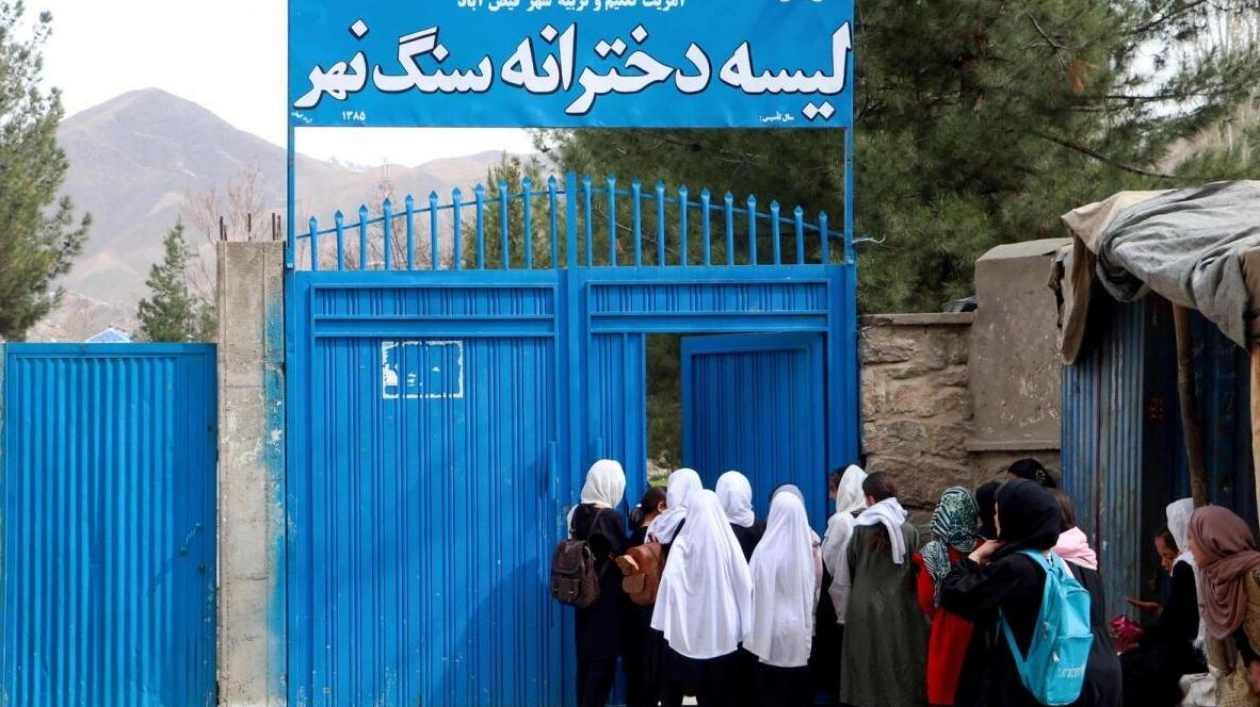At least 1.4 million girls in Afghanistan have been denied access to secondary education since the Taliban regained power in 2021, putting the future of an entire generation at risk, according to the United Nations' cultural agency, Unesco, on Thursday.
Unesco also reported a significant decline in primary education access, with 1.1 million fewer girls and boys attending school. This comes as the Taliban marked three years since they retook control of Afghanistan on August 15, 2021.
Unesco expressed deep concern over the detrimental effects of this high dropout rate, which could lead to an increase in child labor and early marriages. The agency highlighted that in just three years, the de facto authorities have reversed nearly two decades of gradual educational progress in Afghanistan.
Currently, nearly 2.5 million girls are deprived of their right to education, representing 80 percent of Afghan school-age girls. The Taliban administration, which is not recognized by any other country, has enforced restrictions on women described by the UN as 'gender apartheid'. Afghanistan stands alone as the only country globally where girls and women are barred from attending secondary schools and universities.
Unesco noted that as a result of bans by the de facto authorities, at least 1.4 million girls have been intentionally denied access to secondary education since 2021, an increase of 300,000 since April 2023. Unesco Director General Audrey Azoulay called on the international community to remain engaged to ensure the unconditional reopening of schools and universities for Afghan girls and women.
The number of primary school students has also declined. Afghanistan recorded only 5.7 million girls and boys in primary school in 2022, down from 6.8 million in 2019. Unesco attributed this drop to the authorities' ban on female teachers instructing boys and the lack of motivation for parents to send their children to school.
Enrollment in higher education is also a concern, with the number of university students decreasing by 53 percent since 2021. This will soon lead to a shortage of graduates for highly skilled jobs, further complicating development issues, according to Unesco.






